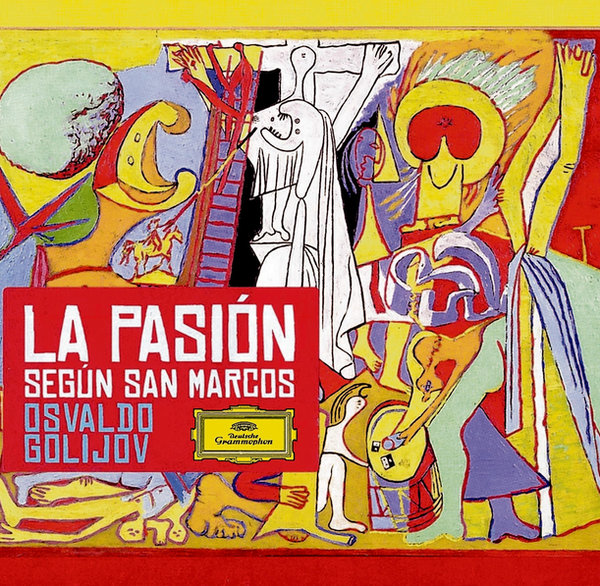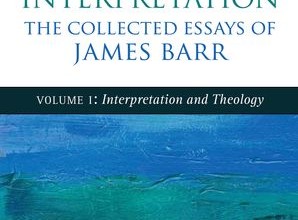Osvaldo Golijov’s La Pasión según San Marcos was commissioned in 2000 as one of a quartet of new passion-settings. The work attracted glowing reviews and made a striking impact on its first audiences [1]. In La Pasión, Golijov, an Argentinian who identifies as a Jew, re-imagines the passion genre we typically associate with Bach, using a mixture of different Latin American styles and genres to create a work with a very different aesthetic. I will leave a full description of the work to the numerous existing reviews already available [2]. Instead, I want to spend this post examining some of the challenges and invitations the piece raises for Christians, the church and their relation to the arts.
First, in re-imagining the passion through a Latin American lens focused on communal rituals rather than private devotion [3], Golijov not only provides a stark challenge to our aesthetic sensibilities, but also challenges our way of imagining and relating to Christ. He shows us, through his use and transformation of the Passion genre, how much of our spirituality has been shaped by the composers and music familiar to us.
Second, by including a range of music while paying careful attention to their social context and meaning, Golijov not only opens our ears to the contribution this music can (and perhaps should) make to our aesthetic life but also weaves together the narratives of the gospels and the world. He finds touching points between the social situation of the music and the narrative of the gospel [4 and 5]. Here the music is not merely a neutral canvas but can, perhaps, become a locus of redemption, reaching out into the world while simultaneously drawing in and listening to the communities it touches. Golijov doesn’t simply bring the music into the work with all its attendant meanings untouched, but handles it and changes it to fulfil a new role within the context of the musical work.
Third, as a musical work created by someone who is essentially an outsider to the church community, La Pasión opens us up to the critique and the fresh influence of those outside our own circles and communities. The success of the work and the enrichment it provides to our faith highlights the value of cross-fertilisation between church and world. Through the process of composing, Golijov encountered Christianity in a new way and was transformed by it [6 and 7]. In return, he contributed a fresh and revitalising perspective to the community of faith.
Fourth, in bringing together folk/popular and classical traditions, Golijov demonstrates one way of building bridges between what, at least in church culture, are often bitterly divided camps. According to an interview with the composer, “from folk I learned, this is how you tell a story in music. All the examples share a quality of urgent musical narrative,” while classical composition brings “the journey, the architecture, the scope. Folk and pop don’t have it.” [8] Many musicians have explored this relationship in other ways, but the fresh impact of this work is perhaps enough to challenge us to reflect on common polarities and to begin to imagine, in ways consistent with the gospel, creative avenues of reconciliation and redemption.
Mark Porter grew up on the Isle of Wight but now lives in Oxford, where he studied. He completed his Masters at King’s College London, looking into themes of violence and suffering in the music of James MacMillan. He has a keen involvement with music within and outside the church and enjoys pushing boundaries of creativity and community.






